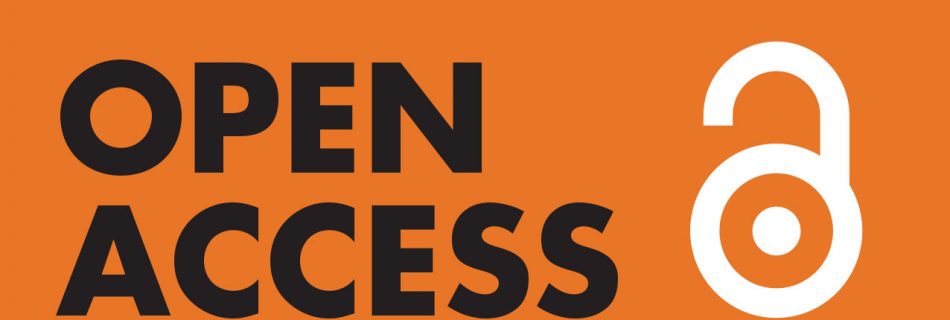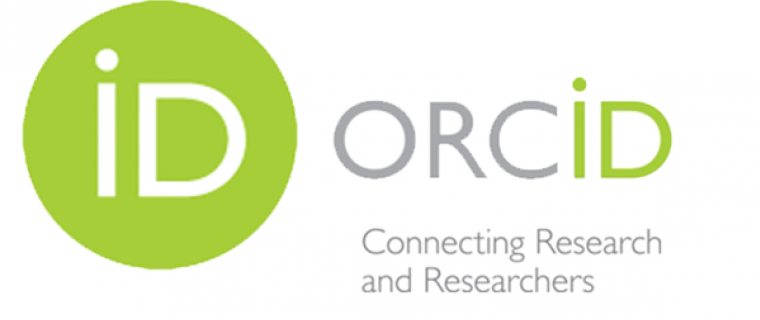Open Access Week 2025: Who Owns Our Knowledge?
International Open Access Week (October 20-26) aims to challenge traditional models of knowledge ownership. We need to reflect on who controls access to research and scholarly outputs, whose voices are amplified or marginalised, and how knowledge can be equitably shared for the common good. This year’s theme asks a pointed question about the present moment and …




